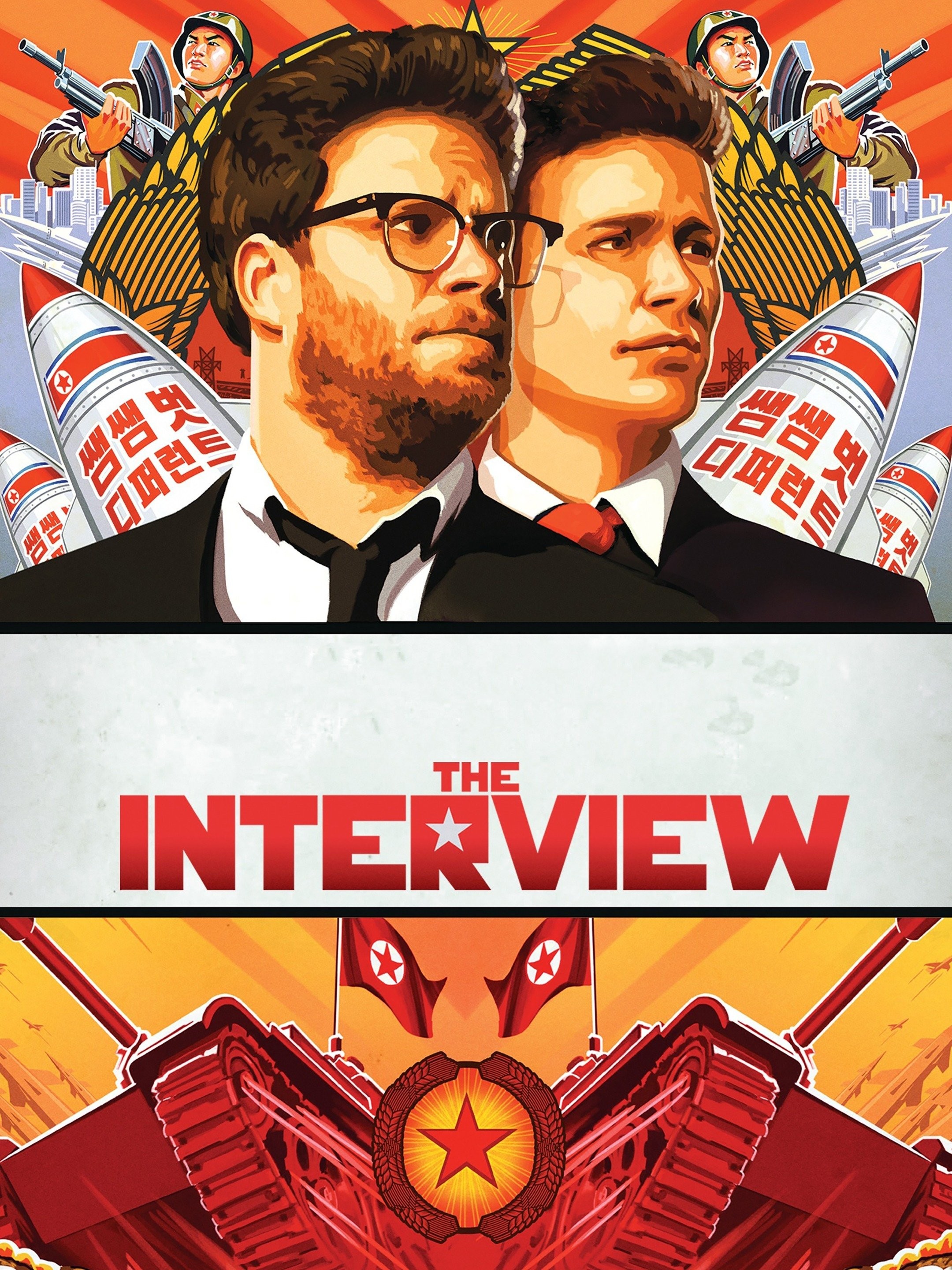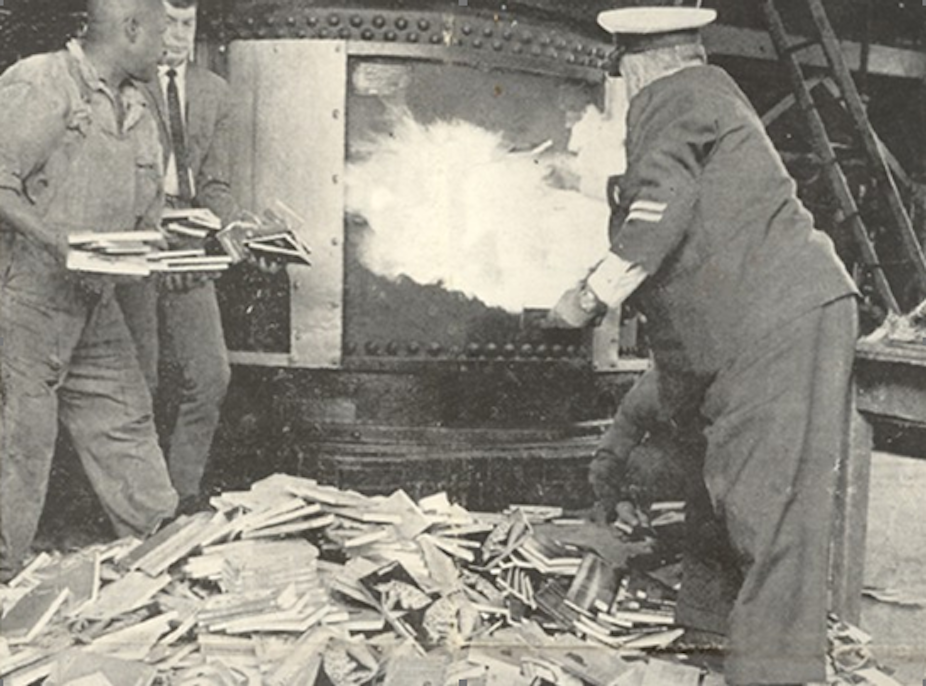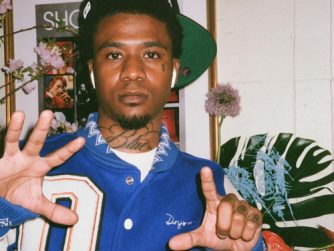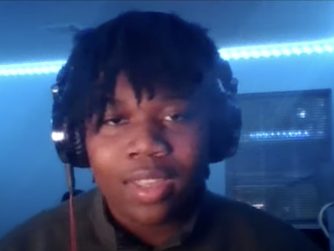By Colin Cavallari, May 2025
Art is presented in many different forms and for many different reasons. It can be used as self-expression, political commentary, and to spread knowledge. Although it may seem that the government wouldn’t care about fictional ideas, they have and have continued to attack art and their artists. The government has and has continued to use laws to oppress artists and censor art in.

In 2000, 22-year-old rising rap star McKinley “Mac” Phipps Jr, was arrested for murder because of lyrics he wrote that were allowed as evidence in court. A security worker at the venue confessed that he had killed the teenager however prosecutors still accused Phipps.
Phipps’s lyrics “‘Murder, murder, kill, kill’; ‘Pull the trigger, put a bullet in your head’ was read to an all-white jury who would find him guilty of manslaughter and sentenced him to 30 years in prison. Phipps was in prison for 21 years until he was granted clemency and released on June 22, 2021.
Phipps is just one of many people who have had their art used against them. Rap lyrics are just one example of how art can be used to oppress artists. A more widely known way that government attacks art is censorship, preventing art from reaching the public.
In the late 2000’s, Seth Rogen and Evan Goldberg developed an idea for a movie about two journalist who must kill a world leader. The film was originally supposed to be about a fictional dictator from a fictional country, but Rogen, Goldberg and Sony executives told him to make it about Kim Jong Un. The film was originally called “Kill Kim Jong Un.”
It was announced that Rogen and Goldberg would direct the comedy film in March 2013 and filming concluded on December 20, 2013. “The Interview” was released on December 25, 2014.

In July of 2014, North Korea’s United Nations ambassador Ja Song-nam condemned the film, describing the film’s production and distribution as “an act of war” and because of Kim’s assassination in the film, “the most undisguised sponsoring of terrorism.”
An article by Digital Spy said that “thousands of buttons worn on military uniforms in the film will be digitally altered, as they resemble uniforms worn to honour leader Kim Jong-un and his father Kim Jung-il.”
In August 2014, Sony delayed the film from October 10 to December 25, 2014, for post-production altercations change the portrayal of North Korea.
The changes made to the “The Interview” are examples of how our American rights are not safe from powers outside of the country. This a recent example that shows how art is censored from people with power to push a political agenda however it is far from the first or last time in history this has happened.
In the 1970s, thousands of books and magazines were burned near the South African capital in Kaserne, Johannesburg by an authoritarian Afrikaner elite. Books that did not align with the oppressive regimes’ ideologies as well as books that criticized their policies were confiscated and burned weekly.

One of these books was the science-fiction and dystopian novel “Fahrenheit 451,” written by Ray Bradbury and first published in 1953. The book takes place somewhere near Chicago in a futuristic time period about a government that banned books to keep the citizens uneducated and easily controlled.
While it is not surprising that an authoritarian government burned a book about the dangers of burning books, book banning is far from unheard of in the U.S. In 1987 Bay County, Florida school board removed Fahrenheit 451 from the approved reading list because of “excessive vulgarity”.

Although this book is no longer banned in the U.S., it is harsh reality that should make us aware of the power of art and how government control it. An organization that documents banned books across the country called PEN America said that in 2023-2024 they recorded 10,046 individual book bans, on 4,231 books.
The banning of art is a present day issue that shows no sign of stopping any time soon and is an important topic that we should be aware of. Art is a tool that helps us express ourselves, make political criticism, and think about the world. As citizens we should question the government when they censor art and make sure that our ideas are available to anyone.
Published on : https://bonacomp.wordpress.com/2025/05/08/the-war-on-art/





